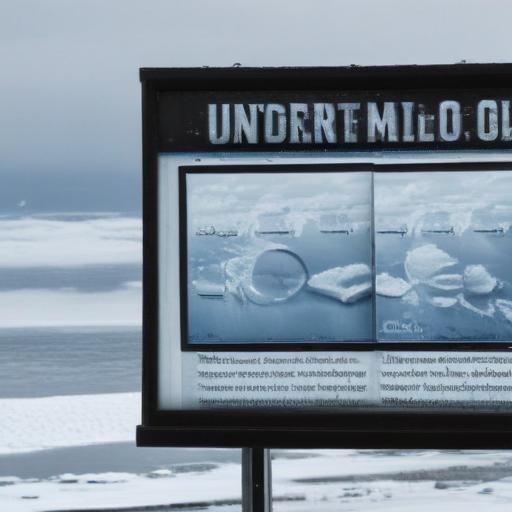Scientists are calling for an increased focus on winter research in the Great Lakes, as climate change is altering weather patterns and reducing the winter season. Although the Great Lakes receive extensive study during the warmer months, the same cannot be said for winter. Researchers argue that this gap in winter monitoring poses challenges to understanding water quality and ecosystem health.
Marguerite Xenopoulos, a researcher on a newly released report urging for improved winter science, highlights the complexities and funding disparities that hinder year-round study of these vast freshwater lakes compared to ocean research. The report, drafted by an advisory board of the International Joint Commission after two years of exploration, stresses the critical need for data collected during winter months. It illustrates the importance of understanding ice cover, water temperatures, and their effects on aquatic life, especially given the rising incidents of low oxygen levels in warmer waters.
Winter measurements can be particularly hazardous due to the unpredictable nature of ice conditions. Xenopoulos points out that capturing the spatial variability of the Great Lakes requires sophisticated technology and infrastructure, such as ice-breaking capabilities. Recent trends indicate a worrying increase in winter drownings, attributed to the deceptive safety of ice.
Research conducted over the past several years has shed light on the previously underestimated vitality of lake ecosystems during winter, emphasizing that the cold months may require just as much attention as warmer seasons. University of Windsor researcher Mike McKay noted that while the winter season is changing rapidly, it remains poorly understood, and findings impacting future lake health, such as shifts in ice cover and water levels, are becoming increasingly prominent.
Alongside the challenges in research, funding for such projects is also a concern. Environment and Climate Change Canada recognizes the need for enhanced winter science but faces uncertainties regarding future funding, especially following recent cuts to U.S. science programs. The researchers maintain an optimistic outlook, hoping for collaboration and innovation to enhance winter monitoring capabilities.
In conclusion, embracing a more comprehensive approach to studying the Great Lakes year-round could lead to greater understanding and protection of one of North America’s most vital ecosystems. This could also foster awareness of the broader implications climate change has on freshwater resources, promoting environmental sustainability and stewardship in the face of significant ecological shifts.
